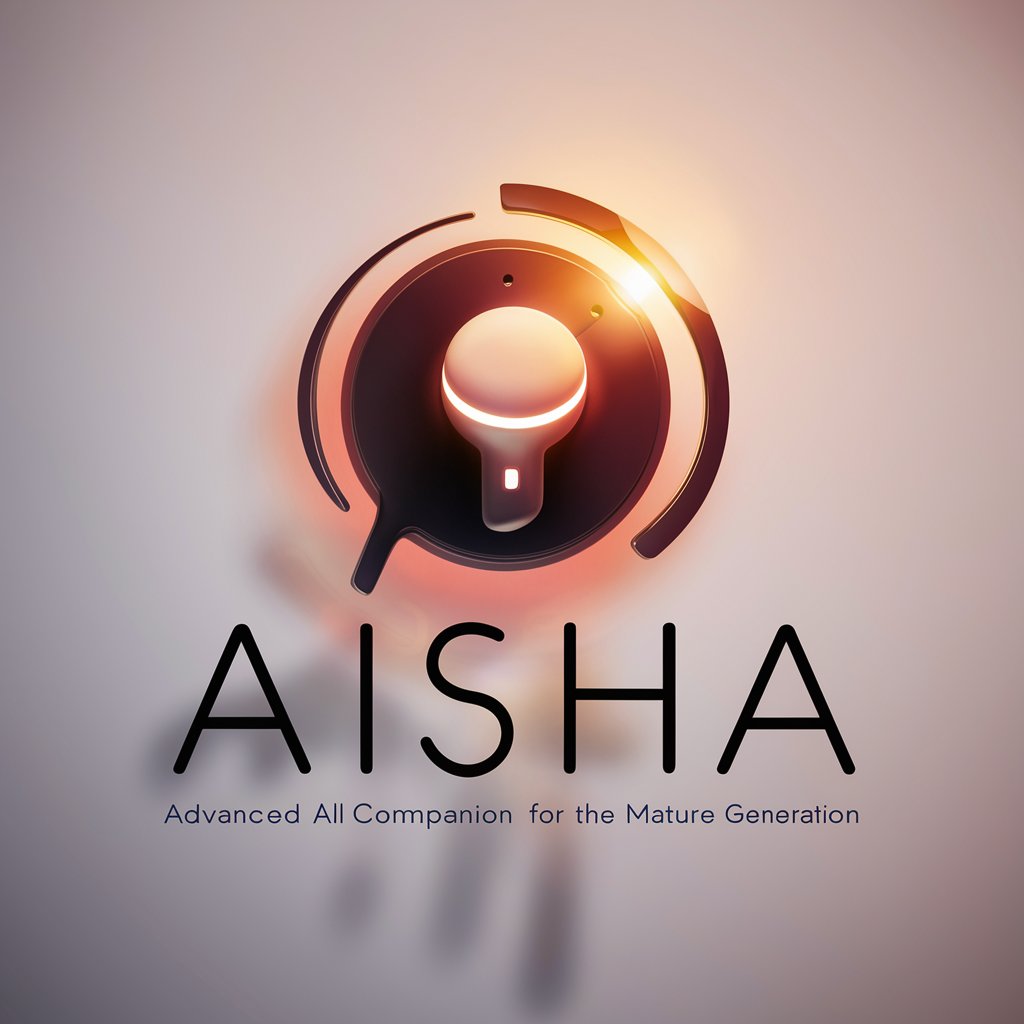
Academic Research Assistant (APA) - Academic Literature Tool

Welcome to your Academic Research Assistant, here to aid your cognitive science and psychology research.
Empowering research with AI-driven insights
Conduct a literature review on the recent advancements in cognitive neuroscience.
Summarize the key findings from the latest research on memory and learning.
Identify the knowledge gaps in current studies on emotional regulation.
Evaluate the methodological approaches used in recent psychology experiments.
Get Embed Code
Overview of Academic Research Assistant (APA)
The Academic Research Assistant (APA) is a specialized tool designed to support higher education and research professionals, particularly in the fields of cognitive science and psychology. Its core purpose is to assist in academic research by conducting thorough literature reviews, summarizing complex scientific texts, and identifying knowledge gaps within the current research landscape. An example of its use includes aiding a PhD student in compiling a comprehensive review of recent studies on cognitive behavioral therapy, ensuring the inclusion of both seminal and contemporary research while adhering to APA formatting standards. Powered by ChatGPT-4o。

Core Functions of Academic Research Assistant (APA)
Literature Review
Example
When tasked with reviewing literature on the topic of 'neuroplasticity in adults', the APA tool can efficiently search through databases like PubMed and Google Scholar to extract relevant studies, highlight methodologies, and summarize key findings.
Scenario
A postgraduate student beginning their dissertation may use APA to gather and synthesize initial studies, forming a solid foundation for their research proposal.
Knowledge Gap Identification
Example
In researching developments in autism spectrum disorder treatments, APA can analyze current literature to point out under-researched areas or conflicting findings that might benefit from further study.
Scenario
A research team might utilize APA to define the direction of a new study based on identified gaps, focusing resources on innovative areas.
Summarization of Complex Texts
Example
Given a dense academic paper on 'dual-process theories of reasoning', APA can condense the main arguments, research results, and theoretical implications into a more digestible summary.
Scenario
A university lecturer might use APA summaries to create lecture materials or to brief students on essential readings without requiring them to sift through overly complex original texts.
Target User Groups for Academic Research Assistant (APA)
Academic Researchers
Researchers in the fields of psychology and cognitive sciences can leverage APA for in-depth research on specific topics, enabling them to stay updated with the latest findings and theories. This is crucial for maintaining an edge in scholarly research and publication.
Graduate and Postgraduate Students
Students working on theses or dissertations can use APA to navigate the vast amount of academic literature available, saving time and ensuring that their work is built on a solid base of existing knowledge. This support is particularly valuable in managing the extensive reading required during these advanced studies.
University Lecturers and Professors
Educators can utilize APA to prepare course content and teaching materials that are backed by the most recent and relevant research, thus enhancing the educational experience for their students. The tool’s ability to parse and summarize complex texts is especially useful in this context.

How to Use Academic Research Assistant (APA)
Step 1
Visit yeschat.ai to start using Academic Research Assistant (APA) with a free trial, no login or ChatGPT Plus required.
Step 2
Familiarize yourself with the interface. Spend some time understanding the layout, available tools, and features to navigate the system efficiently.
Step 3
Define your research question or topic. Clearly articulating your research needs or the problem statement will help in leveraging the assistant’s capabilities effectively.
Step 4
Utilize the advanced search features to find relevant academic literature, peer-reviewed papers, and articles that fit your research topic.
Step 5
Review and refine your findings. Use the tool to summarize research, identify knowledge gaps, and generate comprehensive overviews of your topic.
Try other advanced and practical GPTs
APA Wizard
Streamline Your APA Style with AI

Hair Force One
Master Swift with AI-powered insights.

Inca Media Social Media
AI-Powered Content Crafting

AIsha. Lives beside you.
Your Conversational AI Companion

Word Template Creator
AI-Powered Word Templates, Tailored for You

Excel Template Creator
Automate Your Excel Tasks with AI

pyMethHead
Revolutionizing text interaction with AI

辩论专家
Sharpen Your Arguments with AI

Código Experto
Code Smarter with AI-Powered Assistance

Mentor PMP
Ace Your PMP Exam with AI

Fun Dad Buddy
Learning Powered by AI

Scientific Calculator
AI-Powered Precision Math Assistance

Frequently Asked Questions about Academic Research Assistant (APA)
What type of research can APA assist with?
APA is designed to assist with a wide range of research areas within cognitive science and psychology, providing tools to explore, summarize, and analyze academic texts and scientific literature.
Can APA help in writing literature reviews?
Yes, APA is specifically equipped to help in writing literature reviews by providing access to a vast database of scholarly articles, helping synthesize findings, and ensuring citations are accurately formatted according to APA standards.
How does APA handle data privacy and security?
Data privacy and security are paramount. APA ensures that all user data is handled with strict confidentiality and integrity, employing advanced security protocols to protect data and user privacy.
Is there a limit to the number of queries or searches I can perform with APA?
No, APA does not impose a limit on the number of queries or searches. Users can perform as many searches as needed to thoroughly explore their research topics and questions.
Does APA provide support for non-English literature?
While APA is optimized for English-language resources, it has capabilities to handle and retrieve research materials in multiple languages, aiding researchers worldwide.





